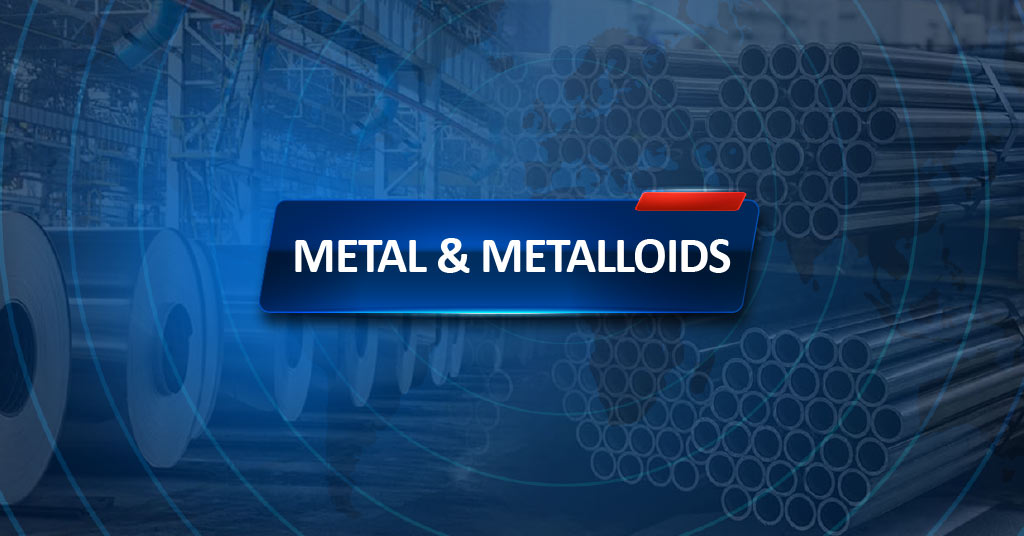Welcome To ChemAnalyst

The surge in demand for Lithium Metal from the downstream Lithium battery segment in the US market shows no signs of abating. As Electric Vehicles (EVs) become popular, there is a great demand for more efficient Lithium Metal battery technology. This means that Lithium Metal must be produced at an escalating rate to power these vehicles. As a result, the market for Lithium Metal will continue to grow at breakneck speed. According to our sources, the sudden surge in the Lithium Metal market comes after years of consistent declines due to supply chain constraints, COVID-19 restrictions, and inflationary pressures. Major players now anticipate Lithium Metal costs will start to decline in 2024 and prices to increase by 2026, but this expectation is based on factors such as rising demand, supply chain difficulties, and other factors.
According to market participants, US-based battery manufacturers and Original Equipment Manufacturers (OEMs) will largely choose to import intermediate materials outside the US to take advantage of lower landed costs. Many development policies in the last year have impacted the US Lithium Metal supply chain. The US government's two most important schemes to boost domestic battery manufacturing are the Infrastructure Investment and Jobs Act of 2021 (IIJA) and the Inflation Reduction Act of 2022 (IRA). Companies are anticipated to build or expand facilities to extract and process Lithium Metal, Graphite, and other battery materials under IRA and IIJA schemes. Apart from the IIJA and IRA, many other policies have recently been implemented or announced to develop a proper supply chain for the downstream industries of Lithium Metal, such as the American Battery Materials Initiative.
Some companies were quick to take advantage of the IRA's opportunities. For example, Volkswagen (VW) recently announced that they are looking for a location for its new battery factory in North America. Many other companies will be pressured to follow suit and relocate part of their production to North America to remain competitive, resulting in a time delay in earnings and additional expenses. Each of these laws and policies highlights how governments influence emerging regional supply chains, both in catalyzing the EV revolution and they are respective economic and environmental benefits.
Manufacturers claim that Western economies are stepping up efforts to secure the Lithium Metal and other raw materials and infrastructure required for their lofty energy transition goals. Creating localized and sustainable rechargeable battery ecosystems is critical to their strategies. Furthermore, the US has recently seen a string of significant investment announcements in the EV battery ecosystem, which aims to encourage mining and manufacturing in the US and create a more integrated supply chain for EVs, which have traditionally relied on imports for critical minerals and battery components. As a result of increased production activity and stagnant demand dynamics, ChemAnalyst anticipates that Lithium Metal prices will remain stable in the US market in the coming months. Thus, there may be a chance that the US domestic Lithium Market will become a self-reliant country.
We use cookies to deliver the best possible experience on our website. To learn more, visit our Privacy Policy. By continuing to use this site or by closing this box, you consent to our use of cookies. More info.
